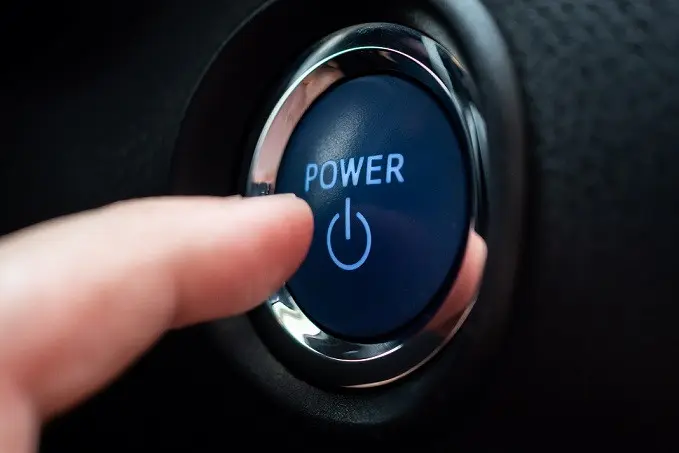RISING PRICES - IS EVERYTHING REALLY GETTING MORE EXPENSIVE
Many consumers and companies are concerned about the rise in energy prices. Switzerland is one of the countries where electricity and gas costs make up the lowest proportion of the monthly budget. Although the rise in energy prices has so far been more moderate than elsewhere, there is still a risk that higher prices will hit some of the population hard.
Swiss electricity prices in the basic supply for households will continue to rise in 2023. This is according to calculations by the Swiss Federal Electricity Commission ElCom. A typical household will pay 26.95 centimes per kilowatt hour (Rp./kWh, all median values) in the coming year. This corresponds to an increase of 5.77 centimes/kWh (+ 27 %). However, the differences can be much higher locally.
The picture is similar for small and medium-sized enterprises in Switzerland: the Network costsThe grid surcharge, energy prices and levies are also rising here. As a result, the median total price increases by 24 %. However, prices within Switzerland vary considerably in some cases between grid operators, which is mainly due to major differences in energy procurement (proportion of own production, procurement strategy).
Reduce your energy costs with these great tips. Wintertime means more work for your radiators - but if they don't work properly, your costs will rise. Follow our four tips to make the most of your radiators and save energy, time and money during the winter:
STEP 1: CHECK THAT THE RADIATOR IS WORKING CORRECTLY
Turn your thermostat all the way up. The entire radiator should become warm. If this is the case, then everything is fine. However, if the radiator is only partially warm or not warm at all, then further measures are required.
STEP 2: SWITCH OFF ELECTRICAL APPLIANCES
It's so easy to save energy and money: if you switch off a television that runs in standby mode for 20 hours a day, you will save around CHF 20 per year. Give your appliances a break. Use distribution plugs with a built-in switch. This will prevent devices from consuming unnecessary power in standby mode.

STEP 3: RECHARGEABLE AND ENERGY-SAVING
"Recharge instead of throw away" - should be your motto. After all, rechargeable batteries are much cheaper than batteries in the long run. Of course, it is even better to operate as many devices as possible with mains adapters. You should always unplug chargers after use, otherwise they will constantly consume power.
Thanks to modern washing machines and detergents, 40°C is completely sufficient for normally soiled laundry. And: let your laundry air dry for free. The clothes horse not only saves you money, but also improves your indoor climate.
STEP 4: TOPPING UP AND DO'S & DON'TS
Dishwasher: Use the maximum load capacity of your dishwasher and, if available, select eco programmes. This not only saves electricity, but also water.
Refrigerator: Always allow food to cool down first. Also check whether your refrigerator is set too cold. A cooling temperature of 7°C is completely sufficient. If you like to take a look inside the fridge, you should avoid opening it too often and for too long. And: Do not place your refrigerator directly next to radiators or appliances that radiate heat.
Tip: When buying electrical appliances, pay attention to the energy efficiency classes. These provide information about energy consumption and help you with your purchase decision.

STEP 5: BRING THE >CORRECT< LIGHT INTO THE DARK
The correct use of lighting in your home harbours enormous potential for saving electricity. Switch off the lights when you leave the room. Otherwise the electricity meter will continue to run unnecessarily. It does not make sense to light up the entire living space. Only switch on the light in the rooms where you really need it. Consider whether motion detectors would be useful in certain areas where you only spend short periods of time. And the right light sources and lamps will help you to reduce your energy consumption without you having to do anything.
Would you like to be kept up to date with our blog articles?
Then sign up for the WENET newsletter right here below!

